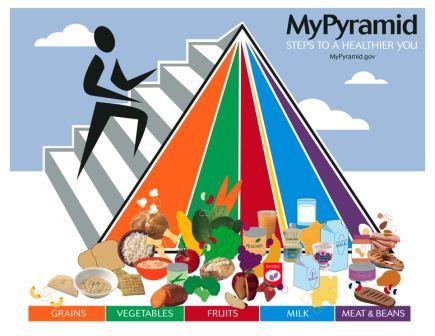Posts Tagged ‘dietary interventions’
Cognitive Training or Gingko Biloba to prevent cognitive decline and dementia? New comprehensive report by the National Academies of Sciences, Engineering, and Medicine clarifies priorities for public health and for future research
Evidence Supporting Three Interventions That Might Slow Cognitive Decline and the Onset of Dementia Is Encouraging but Insufficient to Justify a Public Health Campaign Focused on Their Adoption (National Academies of Sciences, Engineering, and Medicine): “Cognitive training, blood pressure management for people with hypertension, and increased physical activity all show modest but inconclusive evidence that…
Read MoreStudy: Dietary interventions can help children with ADHD (especially with proper monitoring and adjustment)
Are dietary interventions effective for treating ADHD? This has been a controversial question over the years with strong proponents on both sides of the issue. For many parents and professionals, trying to parse through the different claims about the impact of diet on ADHD has been challenging and confusing.
Read MoreNo effects of omega‑3 supplements on Alzheimer’s symptoms
The L.A. Times reports today the negative results of the latest randomized trial testing the effects of DHA supplements on Alzheimer’s symptoms (DHA is an omega‑3 fatty acid). The study … examined 402 people with mild to moderate Alzheimer’s. They were randomly assigned to take 2 grams a day of omega‑3 capsules containing docosahexaenoic acid…
Read MoreA Controlled Trial of Herbal Treatment for ADHD
Results from randomized-controlled trial of a compound herbal treatment for ADHD clearly indicate significant improvement on an objective measure of sustained attention and impulsive responding.
Read More

